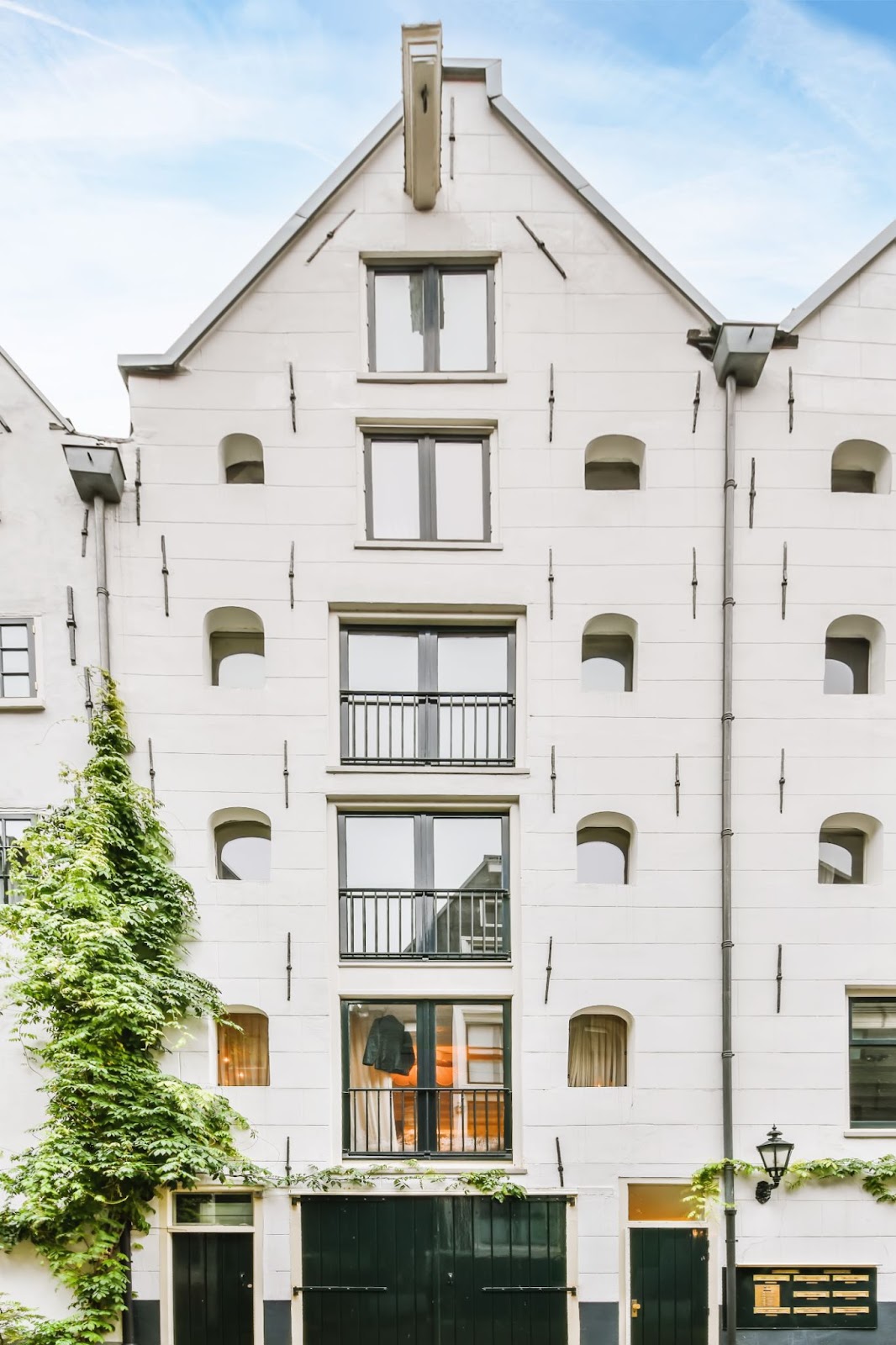 Commercial real estate foreclosures, or CRE foreclosures, are complicated and vary greatly from property type to property type. Regardless of the type of commercial real estate property that a lender is foreclosing, compliance laws remain consistent within a single county and must be followed precisely to avoid penalties and further financial loss. Any lender that needs to foreclose on any of the seven types of commercial real estate properties should consider using a certified trustee instead of attempting the foreclosure process on their own.
Commercial real estate foreclosures, or CRE foreclosures, are complicated and vary greatly from property type to property type. Regardless of the type of commercial real estate property that a lender is foreclosing, compliance laws remain consistent within a single county and must be followed precisely to avoid penalties and further financial loss. Any lender that needs to foreclose on any of the seven types of commercial real estate properties should consider using a certified trustee instead of attempting the foreclosure process on their own.
Types of CRE Properties Certified Trustees Can Foreclose
Multifamily
Multifamily residential properties cover all residential buildings outside of single-family residential homes. This covers apartment complexes, townhomes, condos, and other such buildings. Because residents often have individual liens on units, foreclosing a multi-residential property can be complex and time-consuming without the proper guidance.
Office
Offices can be as diverse as homes. They can be either suburban, urban, or rural; they can be single-unit or multi-units. Offices may be nested in an industrial area or an office park, or they may be surrounded by a diverse mix of other commercial and residential properties. Like multifamily buildings, offices may have junior liens on the individual units, which can add to the complexity of a foreclosure.
Industrial
Industrial buildings can include bulk warehouses, manufacturing buildings, or light assembly facilities. As with many commercial buildings that employ specialized machinery, it is possible that a lender also has a lien on the equipment. Whether that lender is the same one that issued the deed of trust or a separate lender entirely, this can add a complex layer to the foreclosure process.
Retail
Retail covers properties that customers often frequent, including shopping and restaurants. These properties can be stand-alone buildings, or they may be multi-unit shopping centers. Like offices, retail buildings can be surrounded by or in the same complex next to other property types. Whether foreclosing a single unit or an entire complex, the process deserves careful consideration.
Hospitality
Hospitality covers all commercial buildings that provide accommodations for travelers, including hotels, casinos, resorts, and extended stays. These types of businesses can exist as independent brands or as chains.
Land
Land can be foreclosed on despite there being no structure on the land. Land can be agricultural, vacant urban plots, or commercial plots with environmental stipulations. Certified trustees are required to follow the same compliance procedures as with commercial buildings.
Special Purpose
Any commercial real estate property that does not fall under the above categories can be considered special purpose. These usually include churches, event spaces, car washes, self-storage facilities, amusement parks and other building types.
How to Enact a CRE Foreclosure
Small to medium lenders should not enact a foreclosure on their own but should instead rely on a foreclosure expert so they can remain focused on their customers. Our team of highly experienced real estate professionals and legal experts can transform complicated processes into clear resolutions. Contact us today for more information.
